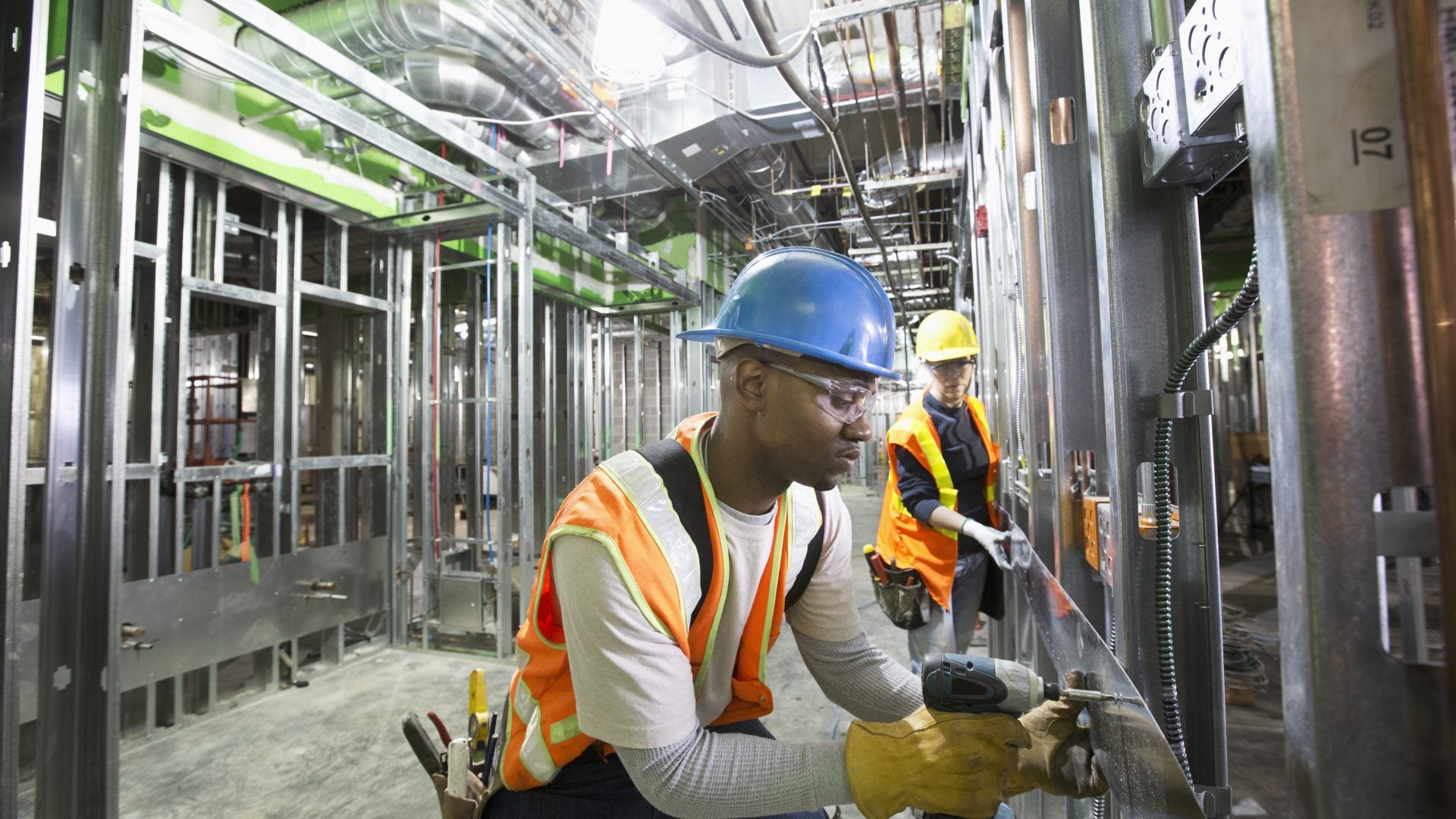
After months of bipartisan negotiations, the U.S. Senate has passed a $1.2 trillion infrastructure bill. Its goal is to repair crumbling roads, tunnels and deteriorating water systems; modernize the nation’s transit and rail systems; and strengthen cyberinfrastructure, expand broadband access, and combat climate change.
On Tuesday, Senators voted 69-30 to approve the Infrastructure Investment and Jobs Act of 2021. Vice President Kamala Harris presided over the vote for the measure, which is a key component of the Biden-Harris Administration’s “Build Back Better” agenda.
“So, let me describe just a little bit about why this bill is so important,” the Vice President said in remarks she gave with the President at the White House. “It is an investment in the roads and bridges we drive on every day to get our kids to school. It is an investment in the public transit we rely on to get to work. It will mean people in our nation won’t have to drink water from lead pipes or go to a fast food parking lot to get high-speed Internet.”
President Joe Biden said in a Tweet the infrastructure deal “will grow the economy, create good paying jobs, and set America on a path to win the future.”
The legislation represents the most extensive federal investment of its kind in decades.
Senator Chuck Schumer (D-NY), who led negotiations, said America’s economy is “number one in the world but our infrastructure ranks 13…The bill will make large and significant differences in both productivity and job creation in America for decades to come.”
All 50 Democrats in the Senate and 19 Republicans approved the measure. Two of the Senate’s three Black lawmakers– Cory Booker (D-NJ) and Raphael Warnock (D-GA)– both voted in favor of the legislation. Republican Tim Scott (R-SC) did not, citing what he called “reckless spending.”
Booker said in a statement he believes the infrastructure measure will not only help create “millions” of jobs nationwide, but also “strengthen our national security, and bolster our economy– making us more economically competitive with other nations.”
Some provisions of the bill include:
-$111 billion in new investments in roads and bridges including a $40 billion program to rebuild aging bridges; $16 billion for major projects; and a new program for reconnecting communities that have been historically divided by transportation infrastructure.
-$39.2 billion of new investments over baseline funding for a total of $89.9 billion to modernize transit.
-$66 billion for passenger and freight rail including $30 billion in dedicated funding for Amtrak to improve service and address repairs.
-Authorizes $250 million over five years for a new decentralized wastewater systems grant program.
The measure will go to the House of Representative for its consideration when lawmakers return from summer recess in the fall. House Speaker Nancy Pelosi (D-CA) said in a statement the infrastructure package has “paved the way for not only rebuilding but reimagining our infrastructure for the 21st Century Economy.”
Pelosi has indicated previously the House will not advance the measure unless the Senate also passes a separate $3.5 trillion bill that addresses such issues as health care, poverty and climate change.
“The House will continue to work with the Senate to ensure that our priorities For The People are included in the final infrastructure and reconciliation packages, in a way that is resilient,” she said.